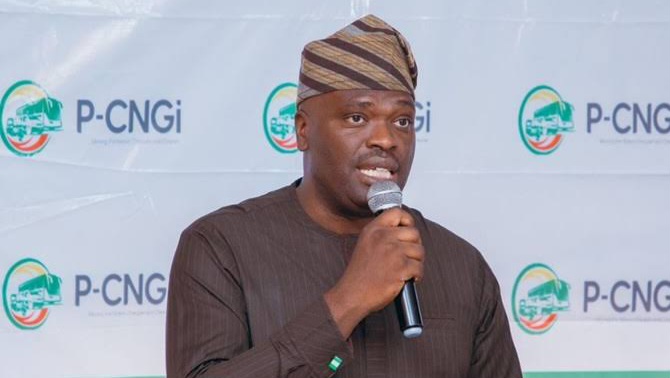The Federal Government has announced a plan to establish 1,000 Compressed Natural Gas (CNG) vehicle conversion centres across the country by 2027, as part of efforts to transit Nigeria’s transportation sector to cleaner and more affordable energy.
Programme Coordinator and Chief Executive Officer of the Presidential CNG Initiative (PCNGI), Engr. Michael Oluwagbemi said the initiative is firmly on track to meet the ambitious target, having achieved 70 percent of its objectives in its first year.
Last year, we met 70 percent of our goals. This year, we’re targeting 80 percent. If we achieved 250 conversion centres in one year, we can confidently hit 500 by the end of 2025 and scale up to 1,000 by 2027,” he said.
Oluwagbemi said PCNGI began full implementation in October 2024, five months after its awareness campaign was launched. At the time, he recalled, Nigeria had only 11 CNG refuelling stations, seven conversion centres, and about 4,000 CNG vehicles—mostly in Edo State.
Today, we have over 242 conversion centres, more than 60 CNG stations with 175 more under development, and over 50,000 CNG-powered vehicles in operation,” he said. “This represents over $500 million in private sector investment and about 10,000 direct jobs.”
He noted that CNG infrastructure remains concentrated in the South and parts of North Central Nigeria. The far North, he said, is still underserved due to the absence of gas pipelines beyond Ajaokuta in Kogi State.
To bridge the gap, PCNGI is deploying mini-LNG (Liquefied Natural Gas) solutions to deliver gas to remote northern regions, where it will be regasified and compressed. Oluwagbemi said five such projects are ongoing in Ajaokuta.
In two weeks, we are launching the first CNG station in the Northeast, in Yola. Additional stations are coming to Katsina, Kano, Dutse, Sokoto, and Lafia,” he said.
He also addressed concerns over the current mismatch between the number of CNG vehicles and available fuelling stations, noting that public-private partnerships are critical to addressing the shortfall.
NNPC has 20 CNG stations under construction and has secured approval for 40 more. Private sector players like NIPCO, AY Shafa, Bovas, Matrix, FEMADEC, and Ibile are also actively involved,” he said.
On pricing, he acknowledged that some CNG vehicle operators still charge fares comparable to petrol vehicles, largely due to limited gas supply. However, he revealed that a new Domestic Gas Market Framework is being finalised to ensure gas is provided at concessionary rates.
In the next two to three months, with improved supply, we’ll begin enforcing fair and competitive pricing,” he assured.
CREDIT: The Nation





